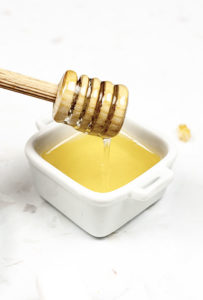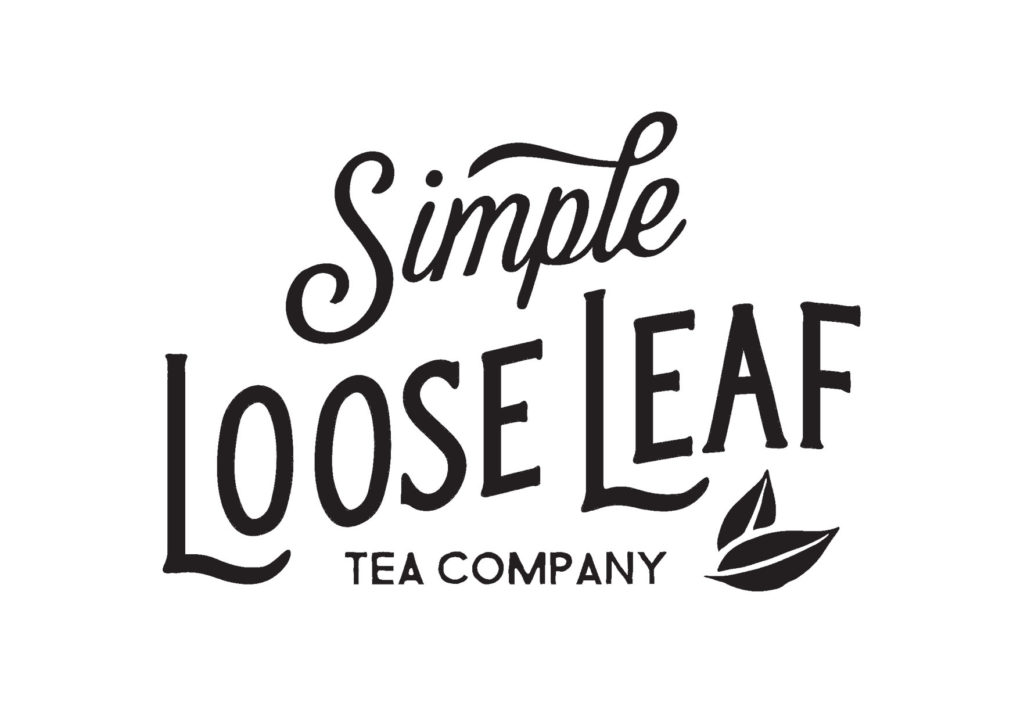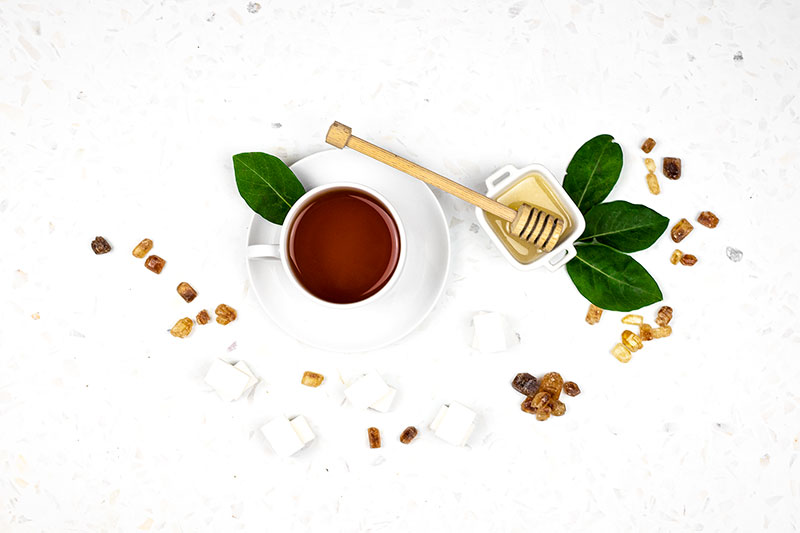Best Tea Sweeteners: Healthy and Indulgent options
The best tea will always be the unsweetened one. But if you like your hot or iced tea sweet, or even extra sweet, drinking it neat may not be an option. Or maybe you are just trying to switch from soda to tea and are still not ready to give up on sweetness for good. The world of sweeteners is as complex as the world of tea.
Best Sweeteners for Tea
The best sweeteners should not only add sweetness, but enhance the flavor of your tea too. The world of sweeteners can be as complicated as the world of tea itself, so choosing the right one is not always the easiest task. Sweeteners can be natural or artificial, and can have calories or can be calorie free.
Best Artificial Sweeteners
Artificial sweeteners may be a good options if you are looking to add sweetness but keep calories to a minimum. They are often calorie free. All unsweetened herbal and real teas contain almost zero calories. The primary reason for using artificial sweeteners is that they don’t raise the blood sugar levels. Their glycemic index is zero.
Stevia
Stevia is technically a natural sweetener. However, most of stevia products come in a little pill form, liquid or powder, instead of leaves. Stevia is made from the leaf of Stevia rebaudiana[1], it’s calorie free and at least 200 times[2] sweeter than sugar.
Aspartame
Aspartame is one of the most used artificial sweeteners in the world. It’s present in many diet drinks and sugar-free sweets. This synthetic sweetener is made from „amino acids phenylalanine and aspartic acid, with a methyl ester.[3]„ There’s a lot of debate about its safety and risks, with some studies claiming it is risk and side-effect free, while others list a number of potential illnesses that it could cause[4].
Best Natural Sweeteners
Unlike artificial sweeteners, natural sweeteners contain calories and may provide numerous benefits. They are made from natural ingredients. All natural sweeteners will raise blood sugar, but not all of them are necessarily bad for health. In fact, some may provide benefits, and are a much better option for a white refined sugar.
Honey

Maple syrup
Maple syrup is not only great for pancakes. This natural sweetener is made from the sap of sugar maple trees native to Canada[7]. Maple syrup may provide anti-inflammatory properties[8] and is potentially a better substitute for white sugar. However, don’t overdo it. It’s still a sugar. The best tea to try it with? Summer Nights.
Agave nectar
Agave nectar is a natural sweetener with a low glycemic index. It’s made from a „cactus-like plant[9]“ and it’s a bit sweeter than maple syrup. While some studies suggest it may be a good substitute for sugar, other say it’s best consumed in low quantities, just like regular sugar[10]. This sweetener coul be great for enhancing the flavor of smokey rich green teas.
Molasses
Molasses is a juice from sugar cane or sugar beet. This by-product of sugar production is about 50% less sweet than refined sugar[11]. Molasses may be a great sweetener for teas with malty notes. Unlike the white table sugar, molasses contains iron, copper, fructose and sulphur[12] and may provide nutritional value and benefits.
Licorice root
Licorice root is both a sweetener and a tea. Blends with licorice don’t have any added sugars and still taste very sweet. Licorice goes well with many herbal and real teas. Licorice has traditionally been used for many health problems – from stomach issues, to soothing throat, treating hepatitis B and managing stress and anxiety.
Fresh fruits
Fresh fruits may be a great way to add a lot of fruity sweetness to your tea. Many pure and some herbal teas will taste delicious if you brew them with a handful of fresh, washed and gently squashed fruits like strawberries, blueberries, peaches or raspberries. Add about a handful of fresh fruit to two cups of water and 2 teaspoons of tea leaves. Steep for 5-10 minutes and strain.
Other natural sweeteners
There are many other natural sweeteners. Refined white sugar is the most commonly consumed one, but also the one that’s best avoided. Other substitutes such as coconut sugar, brown sugar, high fructose corn syrup or simple syrup may all be good substitutes, but they are still very high in calories and may have the same impact as regular table sugar. Use them sparingly.
Don’t want to add sweeteners but still want to enhance the flavor of your tea? Find out what are the 20 ways to make it taste better here.
Disclaimer: This article is for informational purposes only. It’s not intended to replace medical advice, diagnosis or treatment. Every person is different and may react to different herbs and teas differently. Never use teas or herbs to treat serious medical conditions on your own. Always seek professional medical advice before choosing home remedies.
References:
[1] https://www.ncbi.nlm.nih.gov/pmc/articles/PMC4890837/
[2] https://www.hsph.harvard.edu/nutritionsource/healthy-drinks/artificial-sweeteners/
[3] https://usrtk.org/sweeteners/aspartame_health_risks/
[4] https://usrtk.org/sweeteners/aspartame_health_risks/
[5] https://www.ncbi.nlm.nih.gov/pmc/articles/PMC5424551/
[6] https://www.researchgate.net/publication/276509224_Effects_of_Honey_Addition_on_Antioxidative_Properties_of_Different_Herbal_Teas
[7] https://www.uri.edu/features/syrup-science/
[8] https://www.uri.edu/features/syrup-science/
[9] https://www.nature.com/articles/sj.bdj.2017.697
[10] https://www.nature.com/articles/sj.bdj.2017.697
[11] https://www.sciencedirect.com/topics/medicine-and-dentistry/molasses
[12] https://www.researchgate.net/publication/312957853_Sugarcane_Molasses_-_A_Potential_Dietary_Supplement_in_the_Management_of_Iron_Deficiency_Anemia





